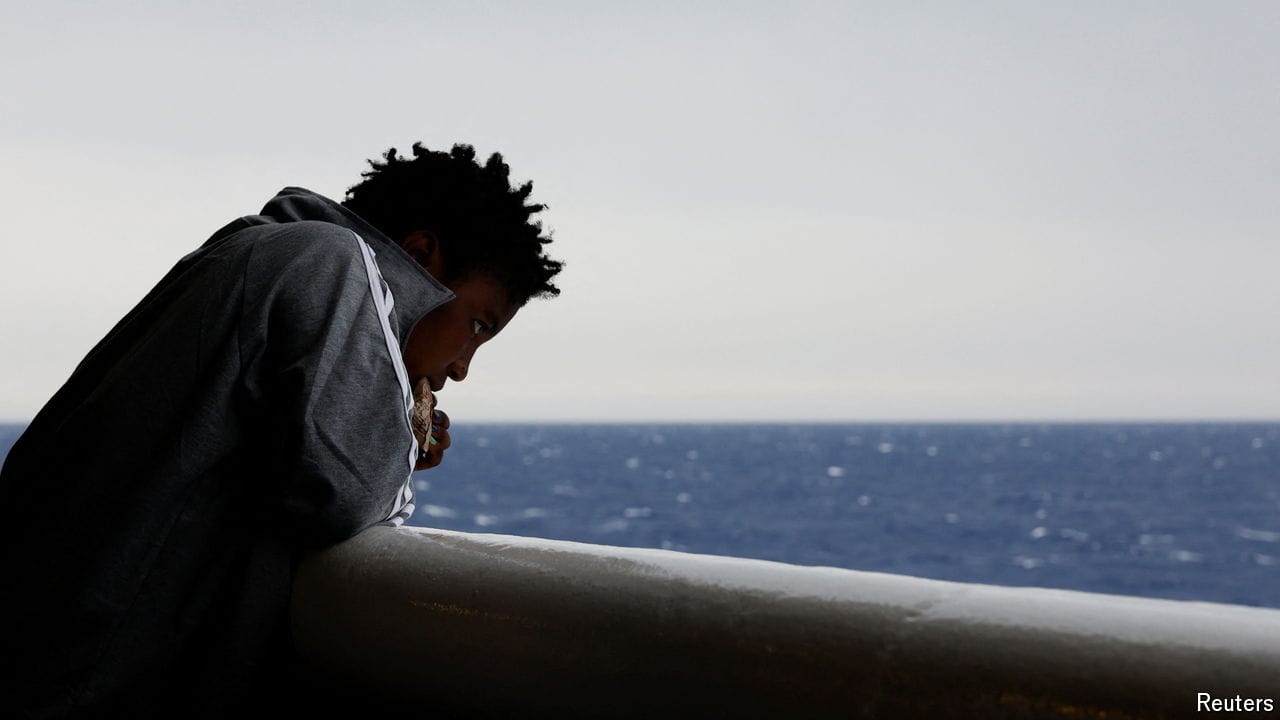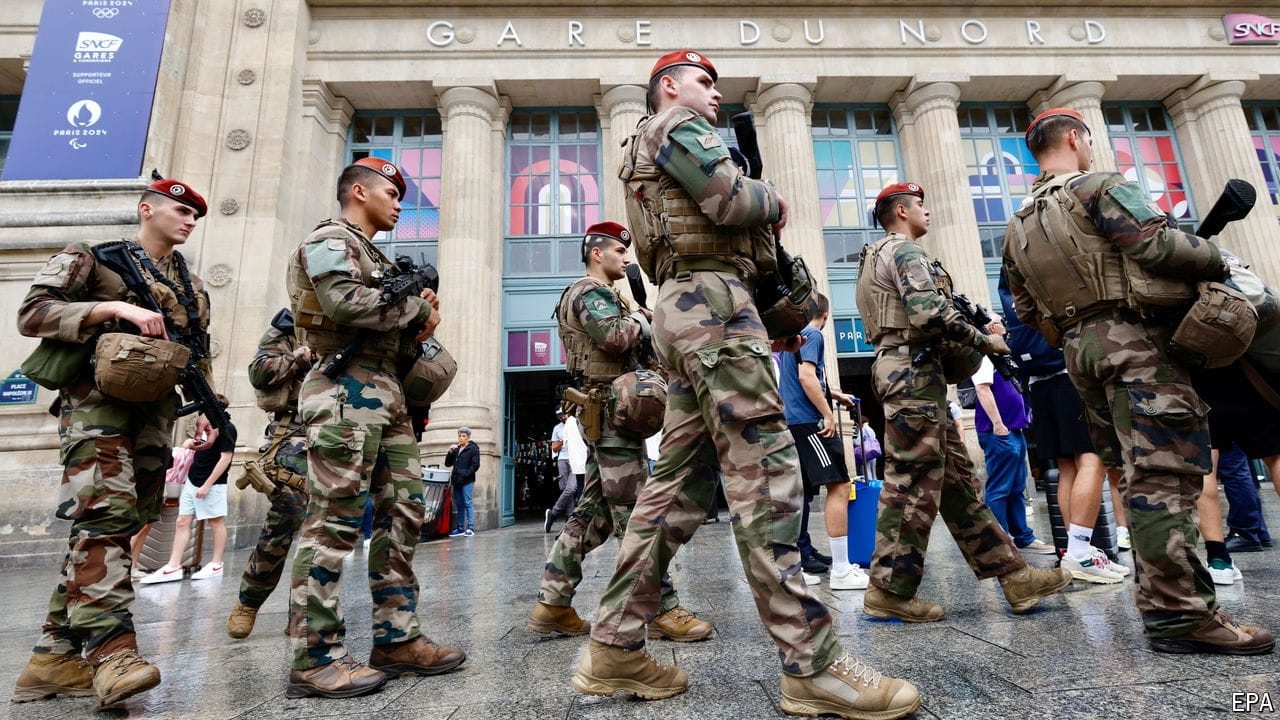The division of Cyprus looks indefinite
The island’s Greeks and Turks seem contented, for the moment, to stay apart

AS ONE OF the world’s oldest conflicts turns 50 this week, a resolution to the division of Cyprus remains far away. Unless, that is, you consider the status quo to be a resolution of sorts.
The island of Cyprus won independence from Britain in 1960 and was almost immediately riven by disputes between its largely Greek south and its largely Turkish north. After violence broke out in Nicosia, the capital, in 1963, the UN sent in peacekeepers. In 1974 the junta that ruled Greece tried to unite Cyprus with Greece, ousting the president of the island. That led Turkey to invade on July 20th, eventually taking control of just over a third of the island. In time, the Turkish part, divided from the Greek bit by a UN-administered buffer zone, became the Turkish Republic of Northern Cyprus (TRNC), recognised by Turkey but nobody else.
Explore more
This article appeared in the Europe section of the print edition under the headline “Fifty years of division”
More from Europe

Will a new “pact” of ten laws help Europe ease its migrant woes?
It will require an extraordinary number of institutions to work together

Amid the bombs, Ukrainians rediscover the beach
Odessa gives itself permission to tan again

Who was behind the arson attacks on railways before the Olympics?
With thousands stranded, suspicion falls on Russia or Iran
Italian right-wingers have renamed Milan’s airport after Silvio Berlusconi
A finger in the eye of those who detested the late populist leader
European countries are banding together on missile defence
The Ukraine war shows how dangerously few interceptors they have
Peter Magyar is reinvigorating Hungary’s struggling opposition
Attacking Viktor Orban’s corruption wins votes for a political newcomer
